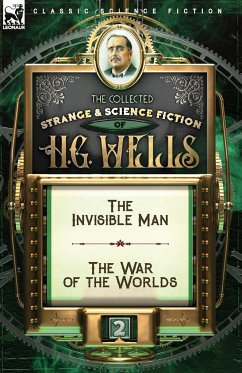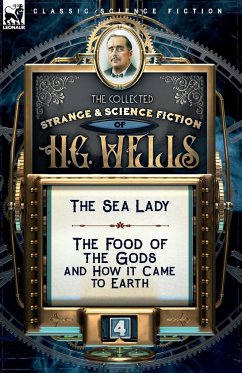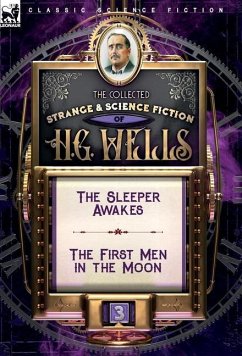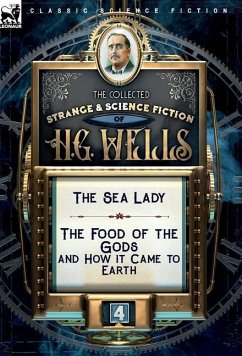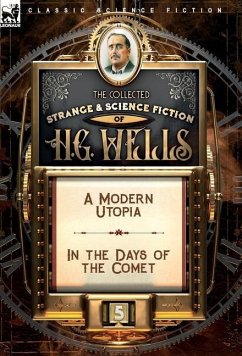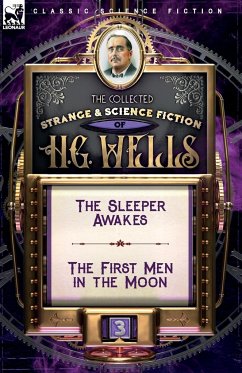
The Collected Strange & Science Fiction of H. G. Wells
Volume 3-The Sleeper Awakes & The First Men in the Moon
Versandkostenfrei!
Versandfertig in 1-2 Wochen
22,99 €
inkl. MwSt.

PAYBACK Punkte
11 °P sammeln!
Volume 3—The Sleeper Awakes & The First Men in the Moon For those who know anything of the most outstanding British authors of the late 19th and early 20th centuries, the name of Herbert George Wells (1866-1946) needs little introduction, for he wrote on many subjects. He is principally remembered as one of the ‘Fathers of Science Fiction’ and this six volume Leonaur collection focuses upon his writing in that genre—from the strange to the fantastical and scientifically prophetic—with which he will forever be associated. These wonderful and dramatic stories have been gathered togethe...
Volume 3—The Sleeper Awakes & The First Men in the Moon For those who know anything of the most outstanding British authors of the late 19th and early 20th centuries, the name of Herbert George Wells (1866-1946) needs little introduction, for he wrote on many subjects. He is principally remembered as one of the ‘Fathers of Science Fiction’ and this six volume Leonaur collection focuses upon his writing in that genre—from the strange to the fantastical and scientifically prophetic—with which he will forever be associated. These wonderful and dramatic stories have been gathered together in these attractive, good value volumes in chronological order of original publication. In ‘The Sleeper Awakes’ (1899) a man falls asleep for over two hundred years and on awakening in a dystopian London discovers that as a result of compound bank interest he is the wealthiest man on earth. His adventures propel him to leadership of a movement fighting for liberation from tyrannical rulers. The scientific romance ‘The First Men in the Moon’ (1901) tells the fantastic story of two men who journey to the moon to discover it is populated by the Selenites—a race of insect-like alien creatures. Leonaur editions are newly typeset and are not facsimiles; each title is available in softcover and hardback with dustjacket.




